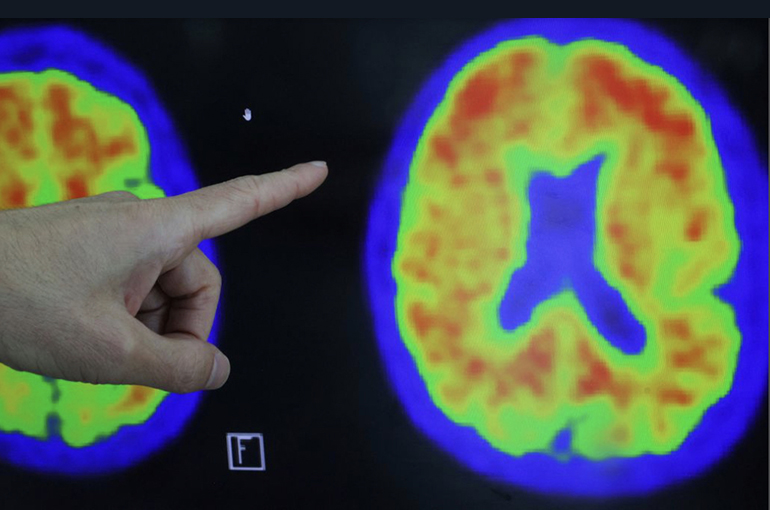 Tianqiao & Chrissy Chen Institute Is Hiring AI Scientists Globally
Tianqiao & Chrissy Chen Institute Is Hiring AI Scientists Globally(Yicai Global) May 11 -- The Tianqiao & Chrissy Chen Institute has announced the global recruitment of outstanding talent in computer science, artificial intelligence, mathematics and related areas, especially AI scientists and natural language processing engineers with large-scale language model experience.
The non-profit institute was co-founded by Chen Tianqiao, chairman of China-linked global investment company Shanda Group, and his wife Chrissy Luo.
Chen “spends hours chatting with ChatGPT every day, inviting dozens of the world’s top AI scientists for unrestricted talks,” a source told Yicai Global.
The launch of OpenAI’s chatbot has driven the development of related fields in China. Baidu and other high-tech firms have rushed to enter the field.
“Chen is very excited about the emergence of new generation AI techs,” the person said. “And has made it clear in internal communication that we must go all out, as now is the best time for accumulated AI capabilities to show their magic.”
Chen has made various business explorations to use AI to assist in brain science research, especially those on brain diseases.
“China has a lot of top talents in AI,” Chen told Yicai Global in an earlier interview. “Some have been poached by autonomous driving and other industries with high salaries, and some are still quietly doing research in universities. We hope we can find them and invite them to join in brain science research.”
Chen added that the TCCI would sponsor scientists to dive into some major open research subjects without conventions and taboos.
According to industry insiders, a new generation of GPT-like AI big models will be more useful in the field of brain science research.
“From a bystander’s perspective, this super external brain can even break through subjective barriers due to the ‘researching of human brains with human brains’ to make revolutionary progress,” an expert in neuroscience told Yicai Global.
But the person said that Chen still faces many challenges despite clear first-mover advantage in the field. It is quite challenging to decide which kind of brain science data sets and models should be used to train AI. Also, talents collectively familiar with brain science, Big Data and AI are very scarce, and this is a key bottleneck, he pointed out.
Besides this exploration, Chen has spent much to sponsor brain science research in recent years. For example, he and his wife committed a USD1 billion donation to the California Institute of Technology in 2016, mostly for scientific research on the human brain.
Editors: Xu Wei, Peter Thomas